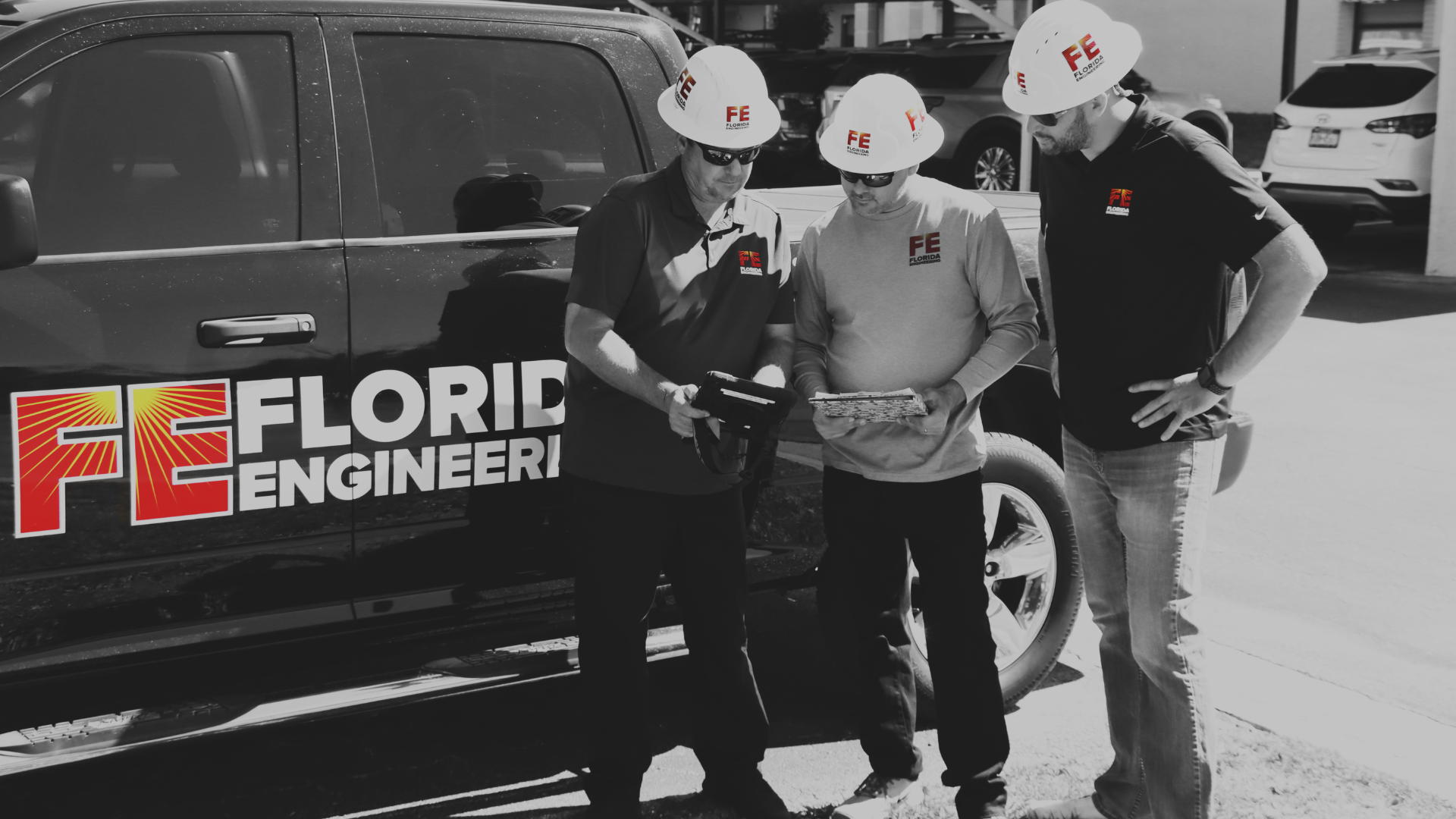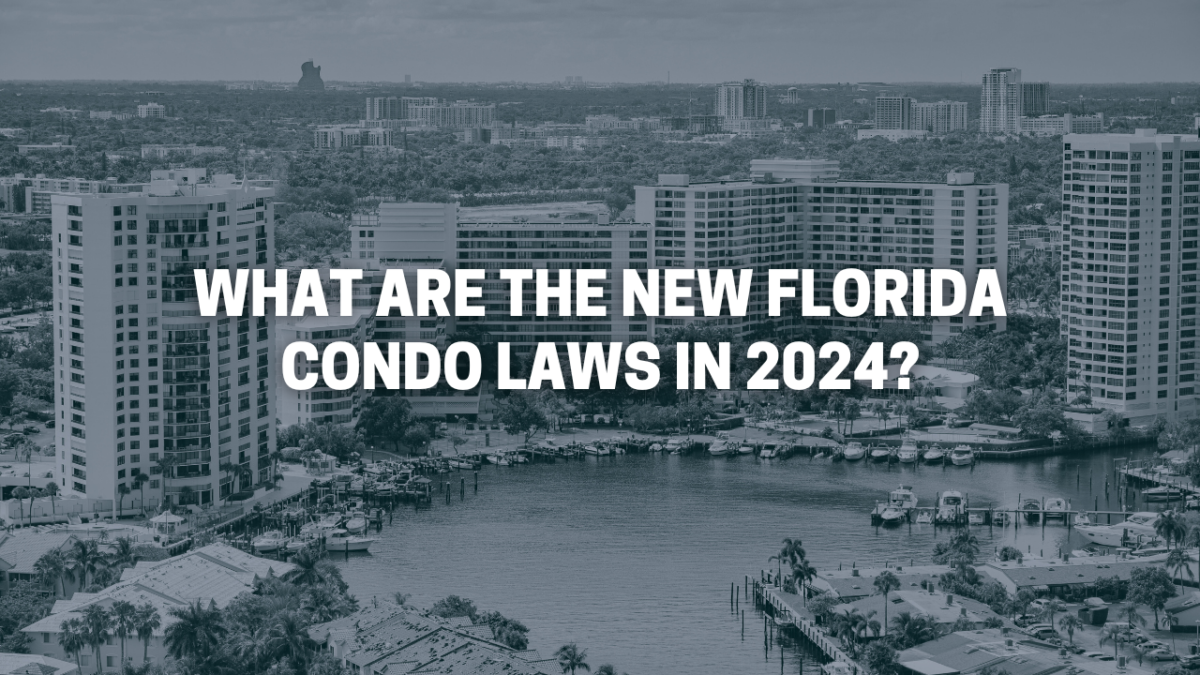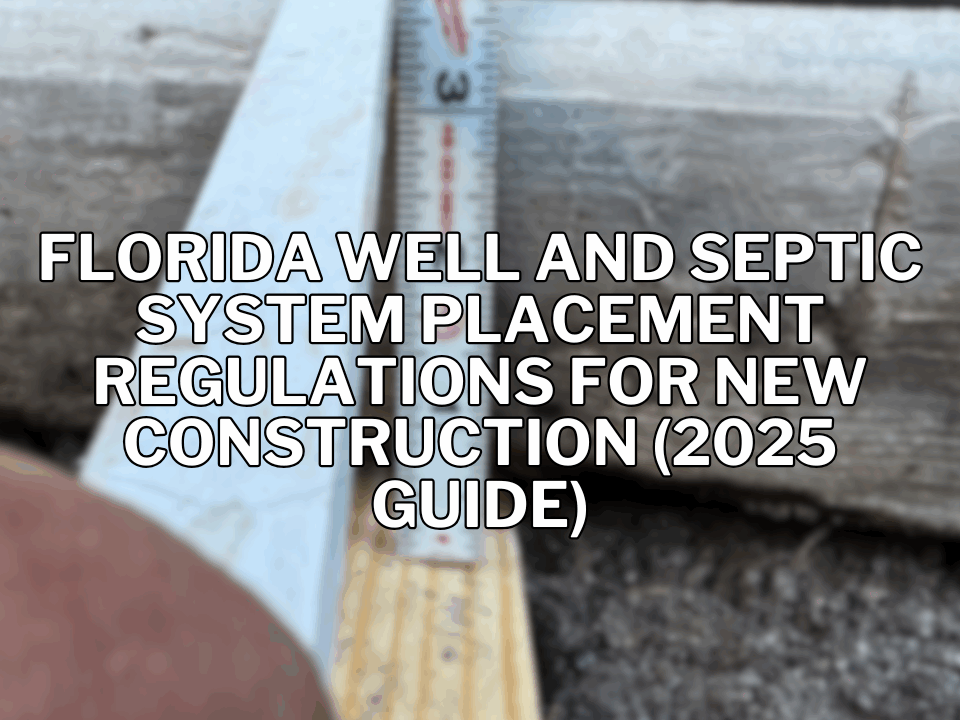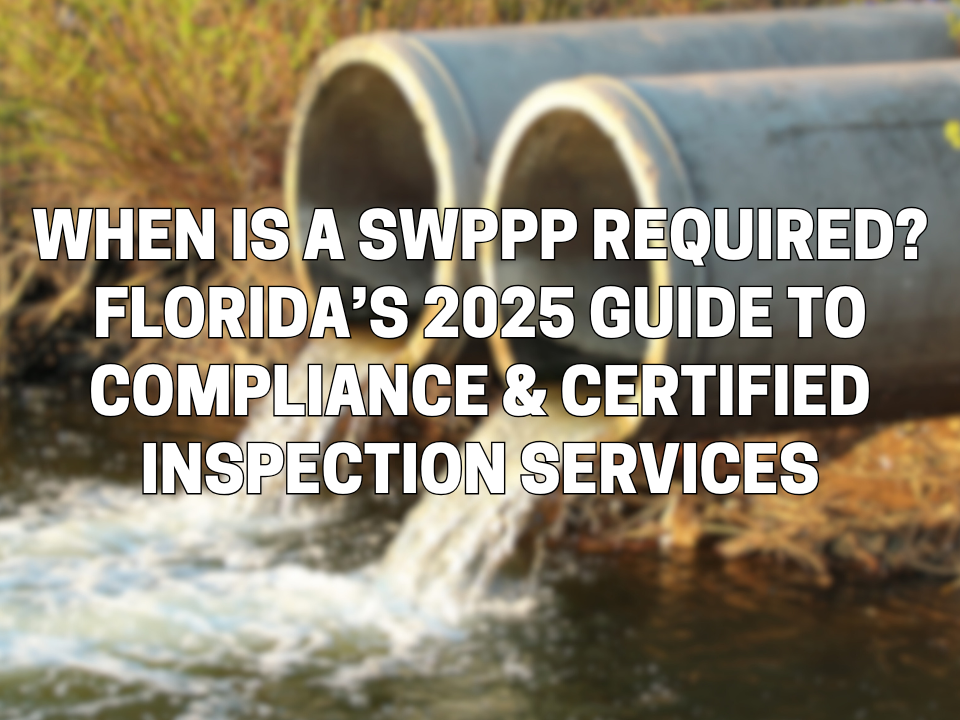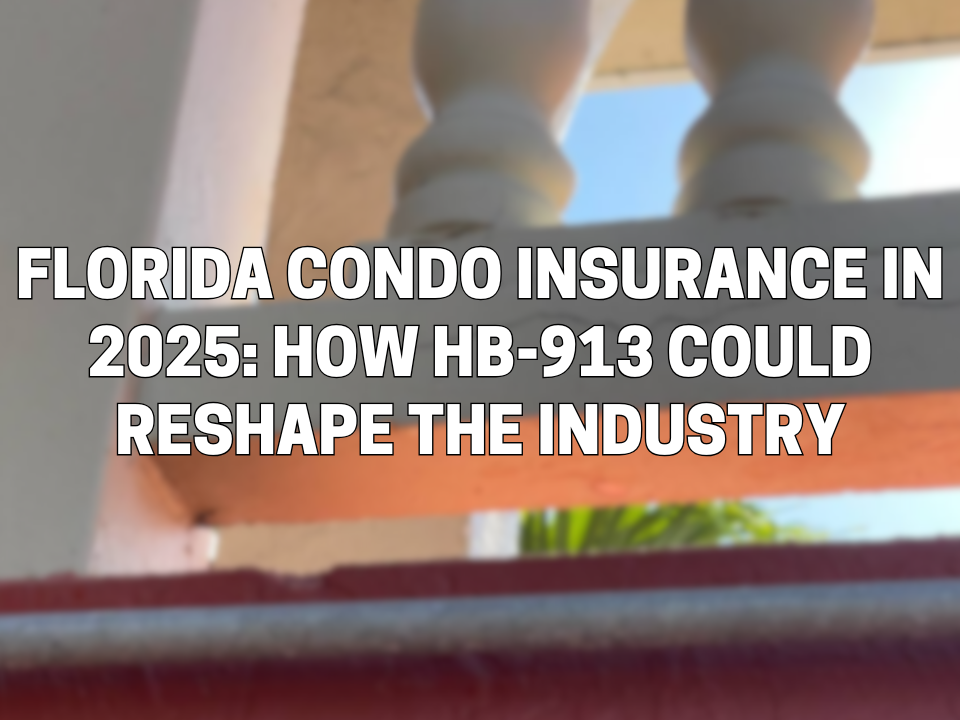With the recent enactment of Senate Bill 4-D, Florida’s condominium landscape is witnessing significant legal changes, especially in response to the tragic Champlain Towers South collapse. So, what are the new Florida condo laws in 2024?
This new legislation mandates more stringent structural integrity reserve studies every 10 years for buildings three stories or higher, along with specific requirements for reserve funding for essential components like roofs, plumbing, and electrical systems, effective from December 31, 2024.
Navigating these new regulations can be complex, but with Florida Engineering’s expertise in inspections and compliance, property owners and managers can confidently stay ahead of these changes.
Discover how we can help you comply with these new laws, ensuring the safety and longevity of your investment. From a structural integrity reserve study in Florida to a Florida condo milestone inspection, we can help you stay compliant while remaining ahead of the curve.
What are the New Florida Condo Laws in 2024?
So, what are the new Florida condo laws in 2024? We’re not going to waste any time getting you up to speed on some of the key changes that condo owners and property managers have to be aware of.
In response to the tragic collapse of Champlain Towers South, Florida has enacted new condominium and cooperative laws, significantly impacting the way these buildings are maintained and inspected.
These laws primarily address mandatory structural inspections and reserve requirements for condominiums and cooperatives with buildings three stories or higher. Here’s what you need to know…
Milestone Structural Inspections
One of the key changes is the introduction of milestone structural inspections. Now, buildings that are three stories or higher must undergo these inspections to assess their structural integrity. A licensed engineer or architect is responsible for this evaluation, which includes making recommendations for necessary improvements.
The initial milestone inspection must be completed by the end of the 30th year since the building received its certificate of occupancy, with subsequent inspections every ten years.
Buildings near the coastline have a slightly different timeline, requiring their first inspection at 25 years. Notably, the original deadline set by Bill 4-D for buildings certified before July 1, 1992, was December 31, 2024, but SB 154 extended this to December 31, 2025.
In the event a structural defect is found, condo associations must not only address the issue but also conduct a phase two inspection to ascertain whether further work is necessary. Additionally, associations are required to keep Milestone Structural Inspection Reports for at least 15 years, offering transparency for tenants, buyers, and insurers.
Reserve Requirements
Another major legislative change relates to how condo associations manage their reserve funds. Previously, Florida condo associations could vote to waive their reserve contributions. This is no longer an option. From December 31, 2024, associations must maintain and contribute to their reserve funds as mandated.
Furthermore, every association must complete a Structural Integrity Reserve Study (SIRS) by December 31, 2024. The budgets adopted from January 1, 2025, must utilize the findings of the SIRS to fund structural reserves. This study involves a visual examination of the building’s common areas and an analysis of the association’s reserves and funding requirements.
The practical implication of this is significant. For instance, if a roof with a 25-year lifespan requires $2 million for replacement, the association must collect $80,000 annually to meet this cost by the end of the roof’s lifecycle. This funding approach applies to every commonly used component in the structure, from the foundation to landscaping.
How These Changes Affect Condo Owners and Associations
All affected buildings must complete a milestone inspection by December 31st of the year the building reaches 30 years of age from the original receipt of its certificate of occupancy, and every 10 years thereafter.
For buildings within 3 miles of the coastline, this inspection must occur every 10 years starting from when the building is 25 years old. The good news? Florida Engineering can help you navigate this change with confidence and clarity. We offer the following milestone inspections:
- 25-year recertification
- 30-year recertification
- 40-year recertification
- 50-year recertification
- 60-year recertification
The Phase 1 inspection involves a visual examination of habitable and non-habitable areas, including major structural components, to assess the building’s structural condition. If substantial structural deterioration is found, a Phase 2 inspection, which may involve destructive or nondestructive testing, is required.
These requirements do not apply to single, two, or three-family dwellings with three or fewer habitable stories above ground. If your building falls under one of these categories, you may be in the clear.
Compliance Deadlines and Key Dates
Condominiums and cooperatives with certificates of occupancy issued before July 1, 1992, must complete their inspection before December 31, 2024.
For buildings within 3 miles of the coastline, those with certificates of occupancy issued before July 1, 1997, must also complete their inspection before December 31, 2024. The clock is ticking!
Are There Any Insights into Changes Coming in the Future?
In the ever-evolving realm of condominium regulations in Florida, staying abreast of potential future changes is as crucial as understanding the current laws. With the regulatory landscape continuously shifting, having a reliable and knowledgeable partner to navigate these changes becomes paramount.
For condo associations and property owners, this means proactive adaptation and informed decision-making are key to maintaining compliance and protecting their investments. That’s where Florida Engineering comes in.
Let Florida Engineering Help You Navigate the New Florida Condo Laws in 2024 With Confidence and Clarity!
Our firm stands at the forefront of structural engineering and MEP solutions, backed by over 100 years of collective experience and a portfolio of more than 75,000 completed projects in Florida.
We specialize in a wide range of services that are essential for ensuring your property not only meets the latest safety standards but also maintains its value and functionality.
At Florida Engineering, our approach combines in-depth knowledge of local building codes with innovative practices and efficient workflow. This commitment has resulted in an estimated $25 million in savings for our clients through value engineering.
Our team of over 20 in-house engineers is dedicated to providing rapid, reliable, and client-focused solutions. Whether it’s conducting thorough milestone inspections, preparing a detailed traditional reserve study in Florida, or offering tailored advice on compliance with the new laws, our expertise ensures your property is in safe hands.
Parting Thoughts on the New Condo Laws in Florida This Year
The upcoming year is bringing critical changes to Florida’s condo laws, with mandatory milestone inspections for buildings three stories or higher and stricter reserve fund requirements.
Staying informed and compliant with these evolving regulations is vital for the safety and financial health of your property. At Florida Engineering, we’re equipped to help you understand and navigate these new laws effectively.
Reach out to us for expert guidance and support, ensuring your property not only meets these new standards but thrives under them. Let’s work together to safeguard your investment in Florida’s dynamic real estate landscape. With us, you gain not just a service provider, but a strategic partner committed to the longevity and success of your property.

